![]()
No organization can get very far without consideration for its human capital. In a day and age of automation, this may seem counterintuitive. But even the most highly automated workplaces will fail without the proper support for their human workers.
Just as MBAs are some of the most trusted graduate degree programs within large organizations, so too are those with human resources specializations. Human resources professionals can rise to upper management, and many CEO’s even come from a human resources background.
Whether you’re looking to get your foot in the door as a human resources specialist, or looking to advance beyond the program level, MBAs are one of the most commonly held and well-vetted graduate degrees for business professionals across roles.
In this guide we’re going to look at the following topics:
- What is a Human Resources MBA?
- Can I Get a Human Resources MBA Online?
- How Do I Gain Admission to a Human Resources MBA?
- What Can I Do With a Human Resources MBA?
- How Much Can I Earn With a Human Resources MBA?
If you’re still in the process of discerning whether a Human Resources MBA is the right fit for you, we recommend working through the guide below.
If you already know that you’re interested in pursuing a Human Resources MBA, be sure to check out our ranking of the best online Human Resources MBA degree programs today!
What is a Human Resources MBA?

Masters in Business Administration programs are graduate-level professional degrees that provide a broad basis in general business courses. MBAs are traditionally some of the most flexible degree types, and their delivery is commonly optimized for students who are working full-time or have other responsibilities.
This flexibility manifests in many common program formats, including night MBAs, weekend MBAs, online MBAs, hybrid MBAs, and asynchronous MBAs. On a more general level, MBAs come in two varieties:
- Traditional MBAs are offered for recent graduates, or those with less than 5 years of experience at the managerial level. Though at a graduate level they start ‘from the beginning’ in introducint students to business disciplines they may not have had experience in. They also commonly offer specializations.
- Executive MBAs are programs meant for more senior-level or experienced managers. Most programs require entrants to have worked in a managerial position for over 5 years. Many of these programs are even more flexible and begin with more advanced concepts than traditional MBAs. Few Executive MBA programs have concentrations.
As we’re talking about human resources MBAs today, this also means we’re talking about traditional MBA programs as they are typically the only type of MBAs that have concentrations.
Traditional MBAs generally require 1-3 years to complete, depending on whether they are accelerated, full-time, or part-time. Students in traditional MBAs tend to take similar core courses no matter what program they are enrolled in.
Core courses in a traditional MBA may include:
- Financial Accounting
- Managerial Accounting
- Managerial Finance
- Leading Teams or Project Management
- Microeconomics for Management
- Marketing Management
- Strategic Thinking
- Operations Management or Logistics
- Data Analytics
- Human Resouces
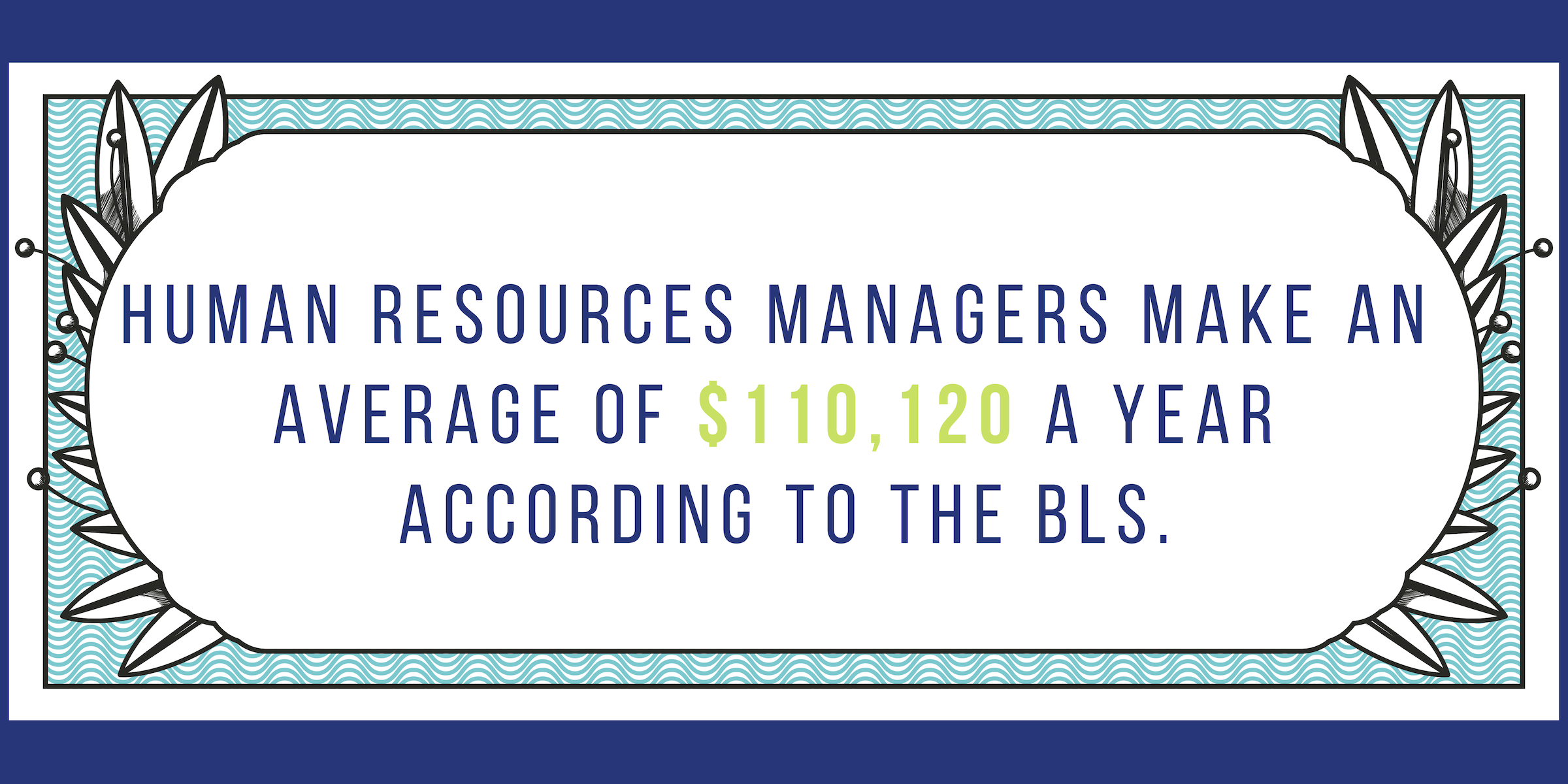
After completing a sizable portion of your core courses in your MBA, students begin to enter their specialization or concentration courses. These courses vary a great deal more than core courses in an MBA. And students interested in a particular concentration — like human resources — should double check to make sure they are interested in the concentration courses being offered by specific programs.
Concentrations within MBA typically require 3-5 courses for completion. Some programs additionally have a capstone project or mini-thesis.
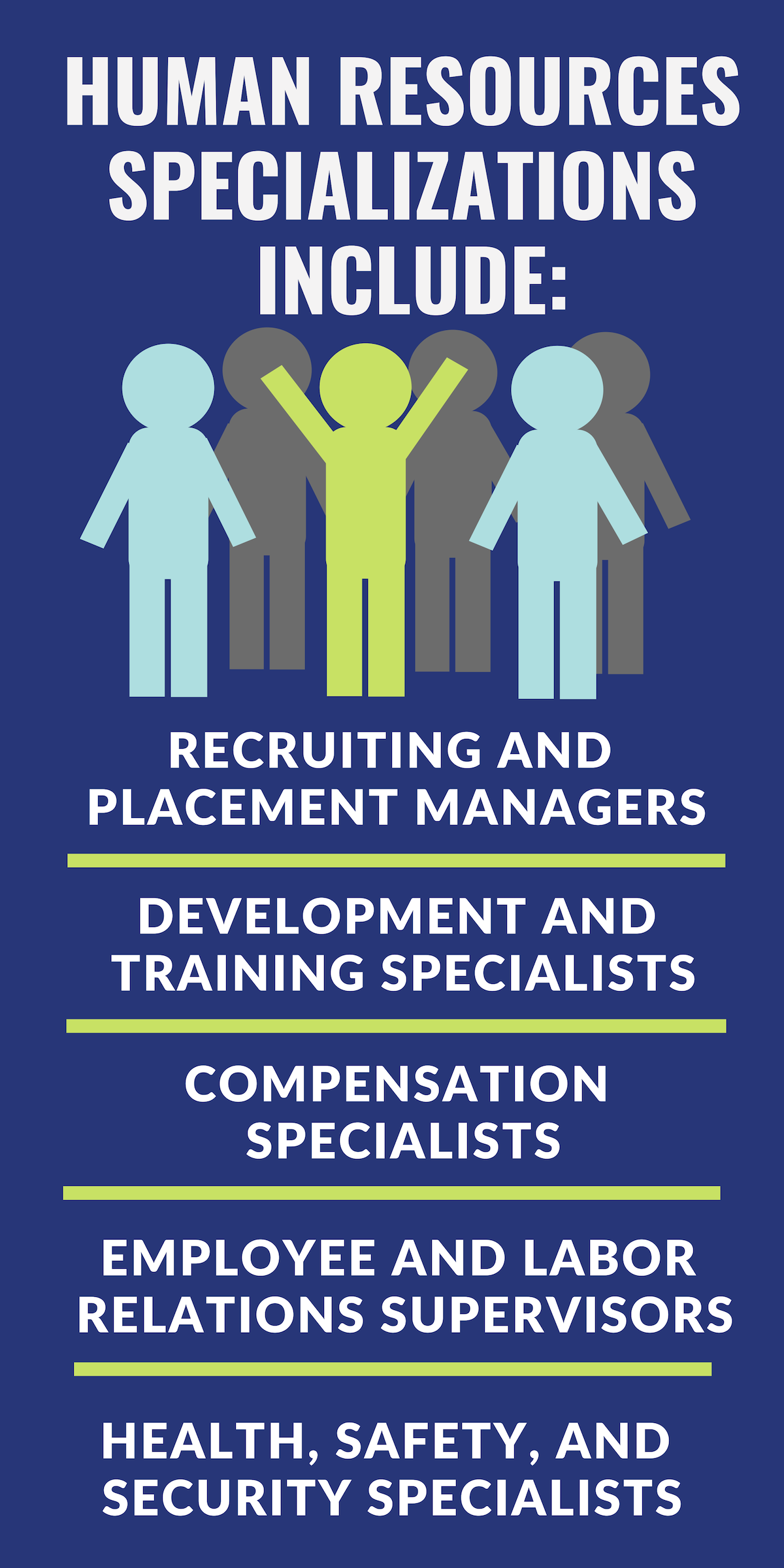
Typical courses for a human resources-centered concentration in an MBA include:
- Building Human Assets
- Bargaining, Negotiation, and Dispute Settlement
- Compensation
- Teamwork and Leadership
- Management of People
- Corporate Education
- Organizational Change
- Personnel Staffing
- Personnel Evaluation
- Strategic Management of Human Capitol
As we noted above, not all of the listed courses will be available in every human resources MBA program. In fact, it’s likely that just 3-5 of the above courses will be offered to choose from in any program. If you have particular courses you are intent on taking, be sure to compare different human resources MBA curricula to ascertain what courses are offered where.
A great way to compare HR programs today is to peruse our ranking of the best online Human Resources MBA degree programs.
Can I Get a Human Resources MBA Online?
Master’s in Business Administration degrees primarily cater to non-traditional and adult students. They also tend to be forward thinking compared to other degree types. Both of these characteristics can be seen through the long history of MBAs offering distance delivery methods.
As some of the earliest online degree adopters, MBA programs have fine-tuned their flexible offerings to offer a wide range of distance options.
Some of the key words you may see as descriptors of programs you are interested in may include the following:
- Fully online programs do not require any on-campus visits except for — at times — a one-time orientation.
- Hybrid programs often provide periodical ‘intensives.’ These intensive in-person learning experiences can occur as regularly as once a month or as irregularly as once a semester. Many mostly online programs offer multiple meeting locations for intensives.
- Synchronous programs involve meeting for a virtual class at the same time for a live conversation with classmates and professors.
- Asyncrhonuos programs allow students to log into pre-recorded classes at any time. There are likely still due dates for assignments, but the time at which you sign into class doesn’t matter.
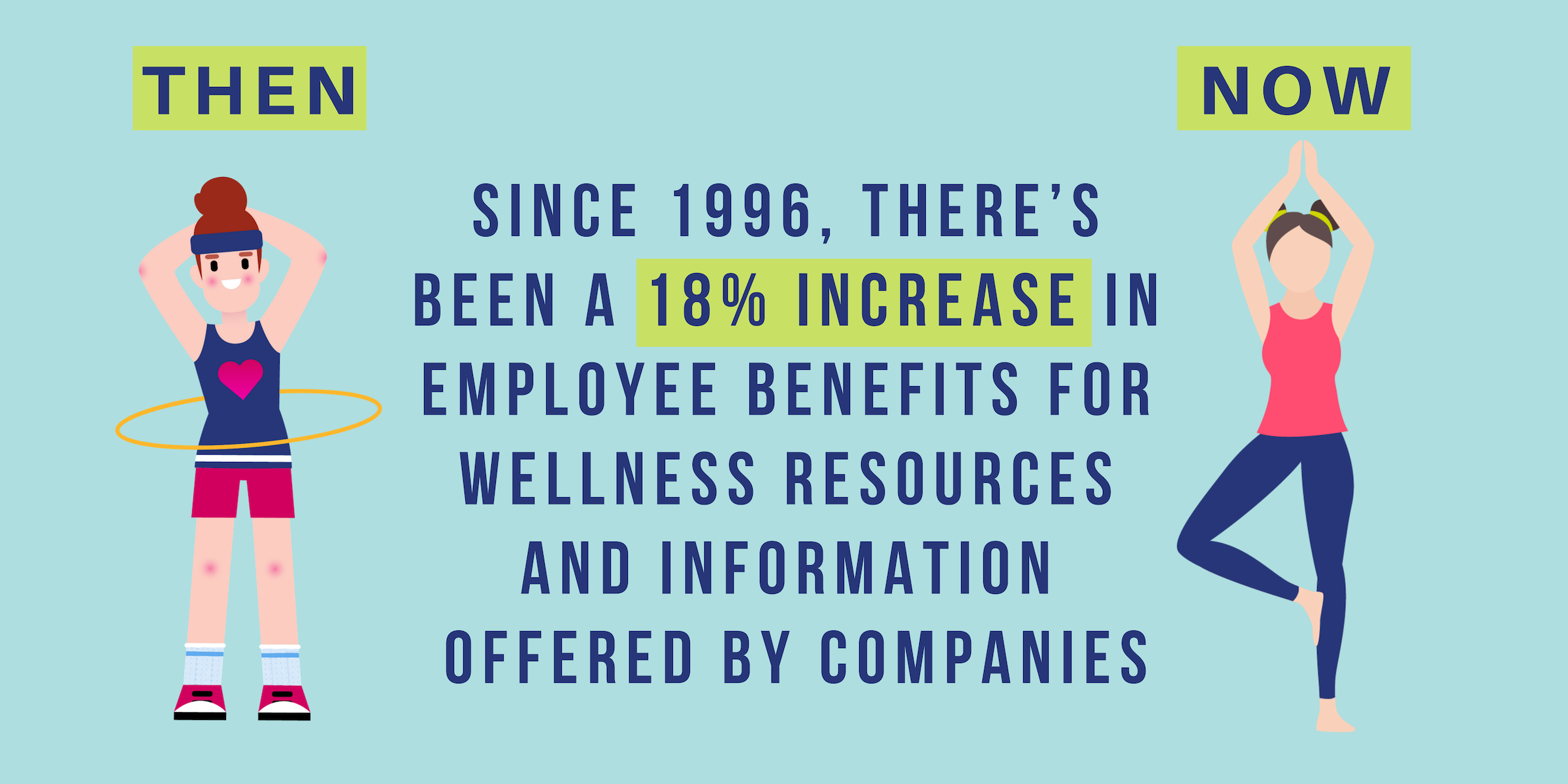
Most programs clearly label whether they are 100% online or ‘just’ online. In the event that the program just notes that it is online, double check to make sure the program is not actually a hybrid program.
Most online MBA programs offer some mixture of synchronous and asynchronous courses. A solid minority of programs are 100% asynchronous.
One note we should add is that just because there are many online MBA programs and online delivery is gaining popularity does not mean that this is the right fit for all students.
Many students love online degrees, and they enable them not to have to move, quit jobs, or commute to class. Some students do find, however, that online courses provide less support and that they require more self-motivation than in-person programs.
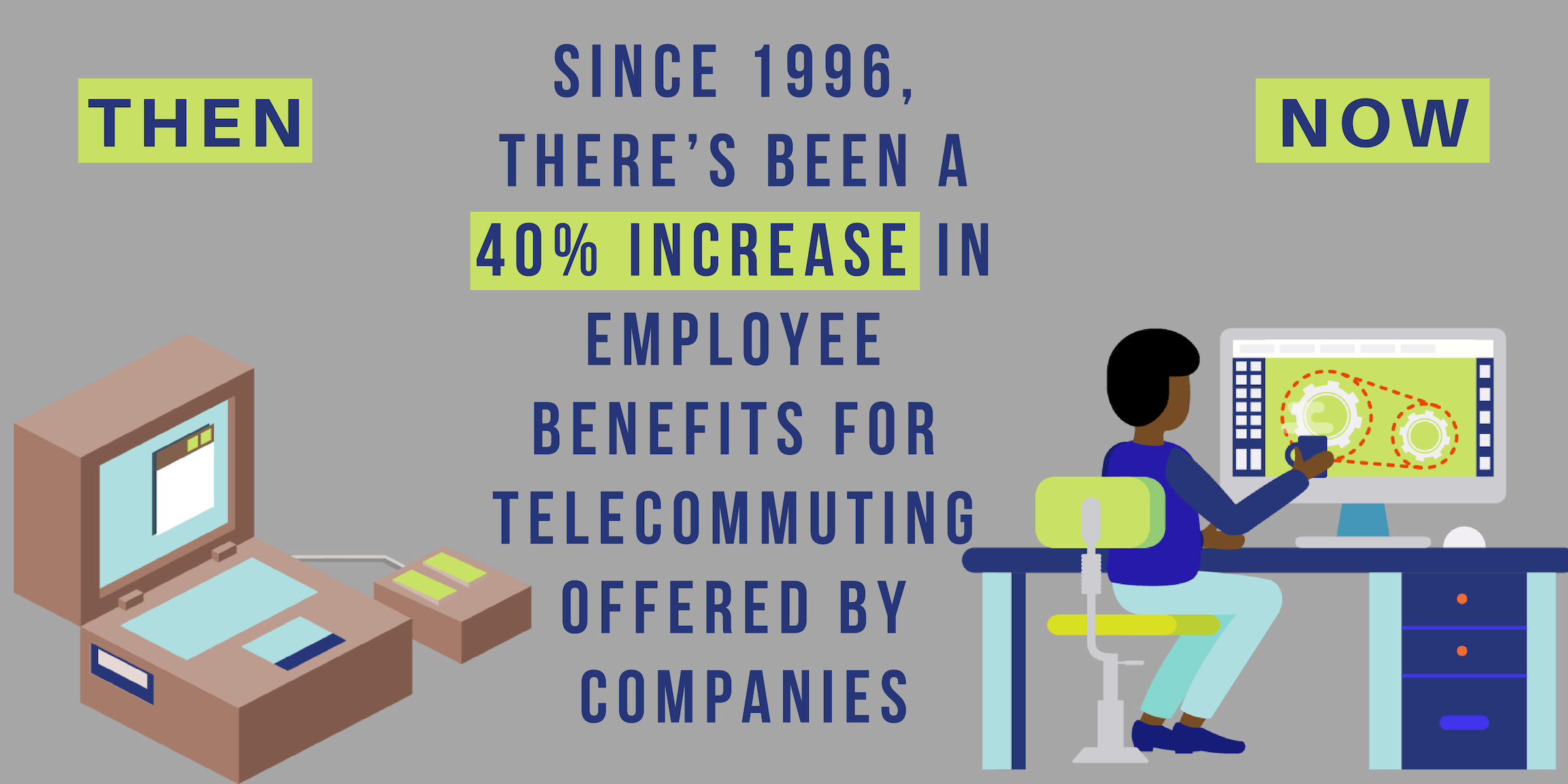
The short answer is that many human resources MBA programs are offered fully online. Some of the top MBA programs in the nation are fully online, as well as options more local to other students, options that are highly affordable, and options that are very flexible.
To see some of the top human resources MBAs available online check out our ranking of the top-ranked online human resources MBAs today!
How Do I Gain Admission to a Human Resources MBA?
Admissions to traditional (non-executive) MBA programs are typically similar, regardless of the concentration you are pursuing. The only real consideration you should make regarding your concentration when pursuing admissions is whether or not the program you are interested in spends enough time on your concentration and that you are interested in its courses.
Typically, the following are requirements for admissions to an MBA program:
- A statement of Purpose
- Several Admissions Essays
- A bachelor’s degree froma regionally accredited university
- At least one year of work experience (for many programs)
- A recent GMAT score (for some programs)
- Recommendations
- A Federal Financial Aid Application (Recommended)
After you’ve consulted basic requirements for gaining entrance to a program (and that you have a chance for admission), the next think you’ll likely want to consider is funding.
MBA tuition can vary greatly, from a few thousand dollars in a year to close to $100,000 in a year. With that said, many students do not pay the “sticker price.” Filling out a Federal financial aid application (FAFSA) early in the process of your MBA application journey should inform you what you ‘expected contribution’ to the program is based on your earnings level. As MBAs are professional graduate degrees, students may borrow up to 100% of the cost of the program with Federal student loans. Federal student loans are less risky and often have lower interest rates than private student loans.
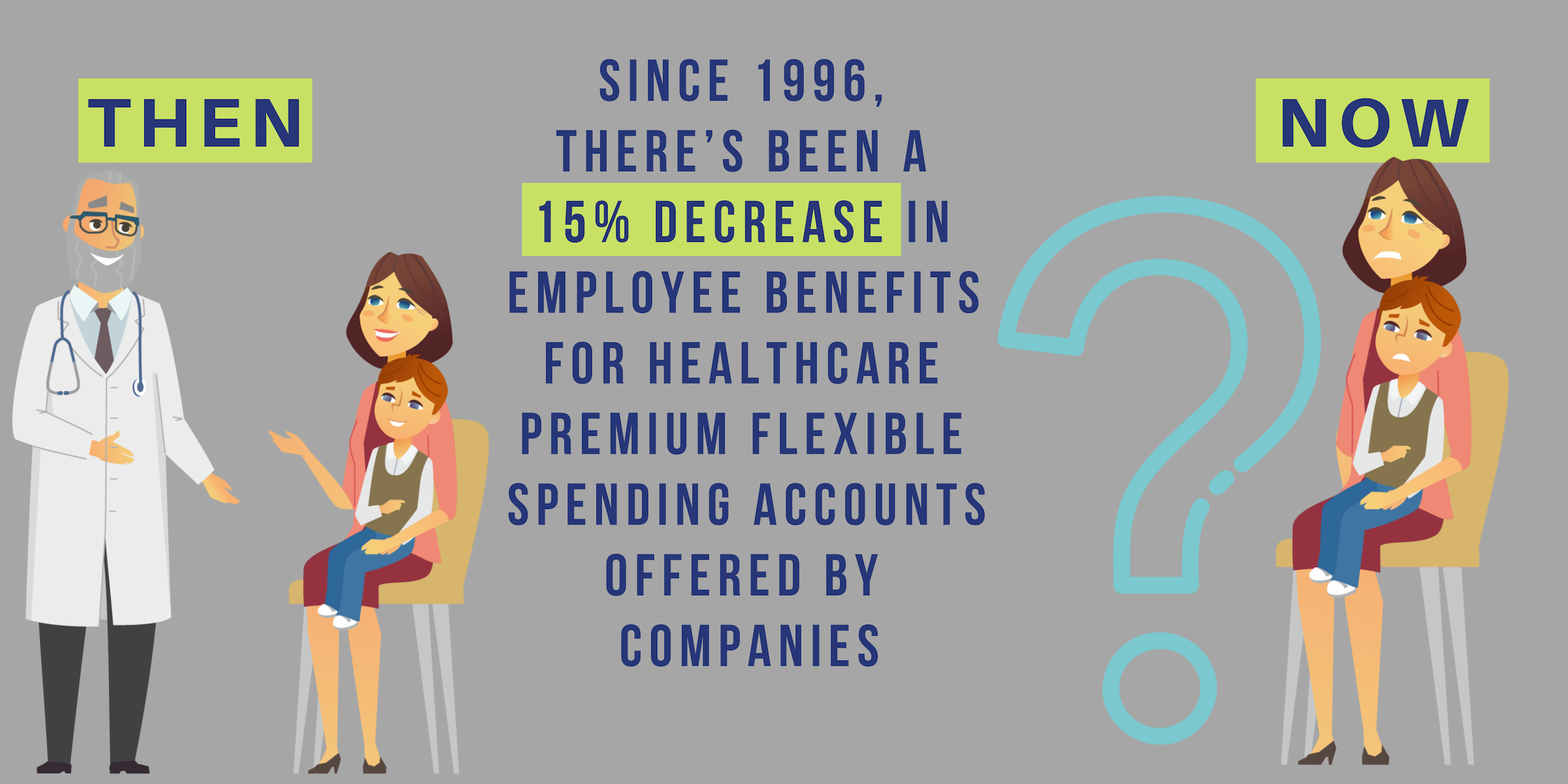
Additional funding options that occur regularly in MBA programs are scholarships, stipends for special learning opportunities, as well as employers helping to pay for the program.
The second element of MBA admissions you’ll want to start preparing for early is the GMAT. This standardized test is required for a majority of traditional MBA programs. And if standardized testing isn’t your thing, don’t worry. Studies have shown again and again that with solid practice almost all entrants can raise their GMAT scores significantly with a little practice.
If you don’t want to have to take the GMAT, be sure to check out our ranking of the best no-GMAT online MBA programs.
To start preparing for your human resources MBA journey be sure to check out our ranking of the top-ranked online human resources MBAs today!
What Can I Do With a Human Resources MBA?
We should first note that MBAs are some of the most versatile degrees out there. MBA programs can prepare graduates for entry-level through executive level positions. In fact, most S&P 500 CEO’s hold MBAs than all other graduate degrees combined.
Close to 50% of the CEOs of many of America’s largest corporations hold MBAs. Across all of the industries these corporations work, the tried and true (and versatile) nature of the MBA should be apparent.
Within human resources departments in organizations, there are a variety of roles that an MBA can be of assistance gaining or advancing in. Some of the most common human resources positions include:
- Human resources specialist
- Human resources manager
- Human resources compliance director
- Chief happiness officer
- Human resources analytics manager
- Performance consultant
- And Hiring Manager
Below we’ll address each of these human resources’ career types that can be achieved through pursuing a human resources MBA.
First, a human resources specialist is a human resources generalist found in many organizations. In smaller organizations, human resources specialists may be on an HR team of one. In larger organizations, many human resources specialists may work in their own silo under HR managers.
Human resources specialists perform many of the day-to-day tasks of human resources within an organization. This can include the following:
- Create, evaluate, and implement HR policies
- Review health and life insurance policies
- Perform performance reviews
- Track hiring needs within departments and oversee recruitment
- Manage the onboarding of new employees
- Handle the firing of of employees (when applicable)
As you can see, human resources specialists handle many of the core HR responsibilities within an organization. Depending on the size of an HR team within an organization, human resources specialists may perform all HR-related tasks, or just the more routine ones.

Human resources specialists are in high demand in a wide range of industries. This job is a great initial leap into human resources, and relies heavily on business acumen, people skills, and strategic thinking.
The average salary for human resources specialists is currently $64,700.
Human resources managers work in organizations of many sizes. In larger organizations, they may be one of many HR managers leading teams of HR specialists. In smaller organizations, HR managers may perform many of the roles of an HR specialist, and work individually or in a small team.
Generally speaking the term human resources manager distinguishes a position from human resources specialist in one of two days. HR managers are either in-charge of HR specialists, or they are individuals that perform the tasks of an HR specialist and also have the responsibility of being part of ‘the final say’ on HR managers.
Common tasks within an HR managers day may include:
- Creating and honing an onboarding process
- Ensuring recruitment process works smoothly and provides for departmental needs
- Resolving conflicts and creating policies to resolve conflicts between team members
- Handling workplace investigations, terminations, and punitive measures
- Reporting over HR-related issues
- Managing the day-to-day work of lower level HR employees
HR MBAs can be a great degree to help individuals move from another management role to that of HR manager, or from HR specialist to HR manager. HR managers are in high demand in a wide range of organizations, and currently, earn an average salary of $104,440.
Human resources compliance director generally work in large organizations where the risk of employees being found not in compliance during hiring, onboarding, working, or termination is a risk to the business. These strategic upper-level HR positions work closely with upper management within organizations to manage any compliance-related issues, as well as establish policies that promote compliance within human resources.
Job descriptions for human resource compliance directors regularly include the following:
- Conducting investigations into complex human resources complaints
- Workin impersonally with management and employees affected by disagreements or uncompliant behavior to resolve situations
- Creating and enacting policies that inform organizational members of policy
- Review policies for on-boarding, pre-hiring background checks, and compliant termination
Human resource compliance directors often work their way up through HR organizations by proving their ability to resolve disputes, complete thorough investigations, and act impartially in HR disputes. Earning human resources MBAs can help to show versatility and basic understanding of management and business among future or current human resource compliance directors.
The average salary for human resource compliance directors is presently $70,000.
Chief happiness officers go by a range of names and are typically executive level HR positions concerned with employee performance and well being.
While in a way chief happiness officers are the same as upper level human resources managers, one assumption is different in organizations with this position. That assumption is that better HR and work outcomes will arise when the happiness of employees is promoted.
Some common responsibilites of chief happiness officers include:
- Creating and enacting policies that allow employees to grow personally and professionaly
- Helping to create a work place culture that promotes happiness and well being
- Spear heading initiatives that enable peak mental, physical, and emotional health among employees
- Establishing metrics and processes for tracking employee happiness and well being
- Looking over policies of other departments and providing input from a happiness and well being perspective
While not all large organizations have chief happiness officer positions, many forward thinking organizations do. The average salary of $146,850 a year for chief happiness officers is commensurate with similar upper-level HR positions with different titles.
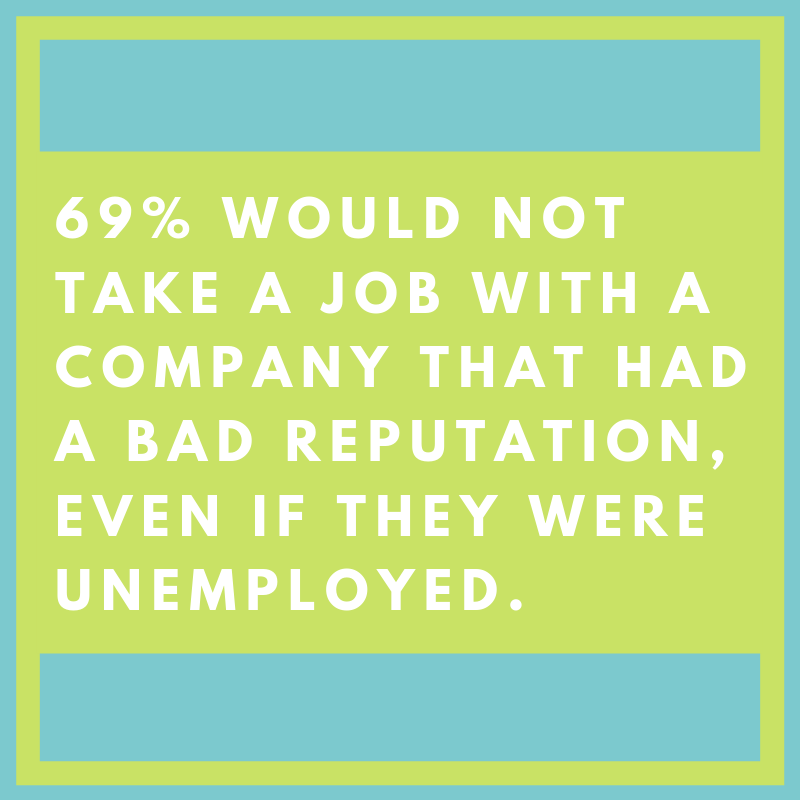
Human resources analytics manager are present in organizations that employ robust analytics programs in relation to their human resources. This position helps to fine-tune decision making related to employee disputes, well-being, performance, and employee benefits through the use of cutting-edge analytics.
Human resources MBAs can be great academic preparation for human resources analytics manager positions, particularly if an MBA offers a number of courses on HR and analytics topics.
Common job responsibilities of human resources analytics managers include:
- Collecting and analyzing data from across departments to inform future HR and management initiatives
- Create policy and management recommendations regarding which segments of the organization are performing well and poorly
- Design studies and data collection methods that are compliant, useful, and trackable
- Manage the day-to-day workings of a people data analytics team (or work as part of a broader data analytics team)
The average salary for human resources analytics managers is $92,984.
Performance consultants provide a range of human resources experience, acument, and reporting ability to organizations that could use an ‘outside’ opinion on performance and employee well being issues.
Generally, performance consultants work for third-party firms that are hired by other organizations to investigate human resources and performance from an outside perspective. Sometimes, performance consultants are part of larger organizations and take on projects within an organization, however.
Common job duties of a performance consultant include:
- Establishing metrics and processes for gathering data on performance
- Analyzing performance data
- Coming up with performance-boosting policy suggestions for managers
- Helping to implement performance-boosting policies over time and hone them
- Providing training on how to track and intervene in low performance cases
- Staying up-to-date with larger business objectives and aligning performance to those objectives
The average salary for performance consultants is currently $79,928.
Hiring managers are human resources specialists that often work in larger teams where each human resources employee specializes on a particular part of the HR lifecycle. For larger organizations, ensuring compliant and best-practice based onboarding practices can be a large business problem. Hiring managers primarily work within this space.
Common job responsibilities of hiring managers may include:
- Participate in every aspect of recruitment
- Create recruitment meetings to align departmental goals with recruiting policies
- View incoming applications and perform initial phone interviews to determine if follow-up interviews are merited
- Help the manager of the department that is hiring to form a relationship with the new hire
- Assist with selection of candidates with managers within the hiring department
Hiring managers play a crucial role in industries with high turnover or organizations that are growing quickly. An MBA in HR can help to inform hiring managers of imperatives in other departments throughout the business as well as best practices within hiring.
The average salary of hiring managers is currently $80,663.
How Much Can I Earn With a Human Resources MBA?
While human resources MBAs can be utilized to move into the highest levels of management within an organization (thus drastically increasing earnings potential), human resources related careers typically earn between $60,000 and $150,000.
In the section above we’ve looked at a few of the most common positions that a human resources MBA can be preperation for. Generally speaking, human resources MBAs can help graduates with no experience gain entry-level positions within HR. Salaries for these positions may start at around $40,000 and cap at close to $70,000 by mid-career.
With that said, MBA recipients tend to move up more quickly than others within an organization. For MBA recipients with some experience in HR, they may quickly find themselves in mid-level management within an organization. Common salaries for these jobs range from $80,000-$120,000.
For human resources professionals that truly excel at management, executive level positions can crest $200,000. Though this is often only for the largest organizations.
Think you’re interested in pursuing a lucrative and rewarding career in human resources? Be sure to check out our top-ranked online human resources MBAs today!